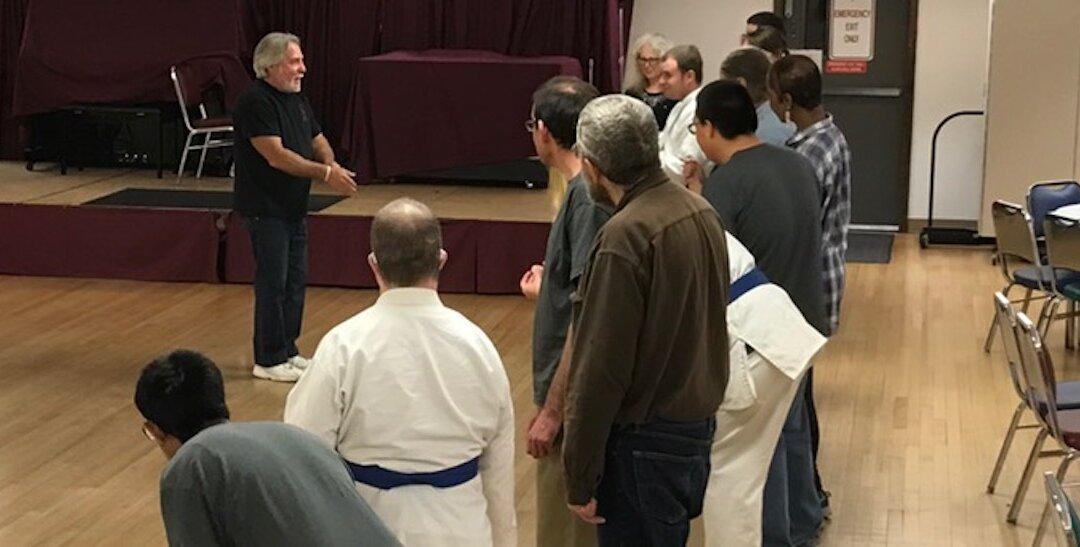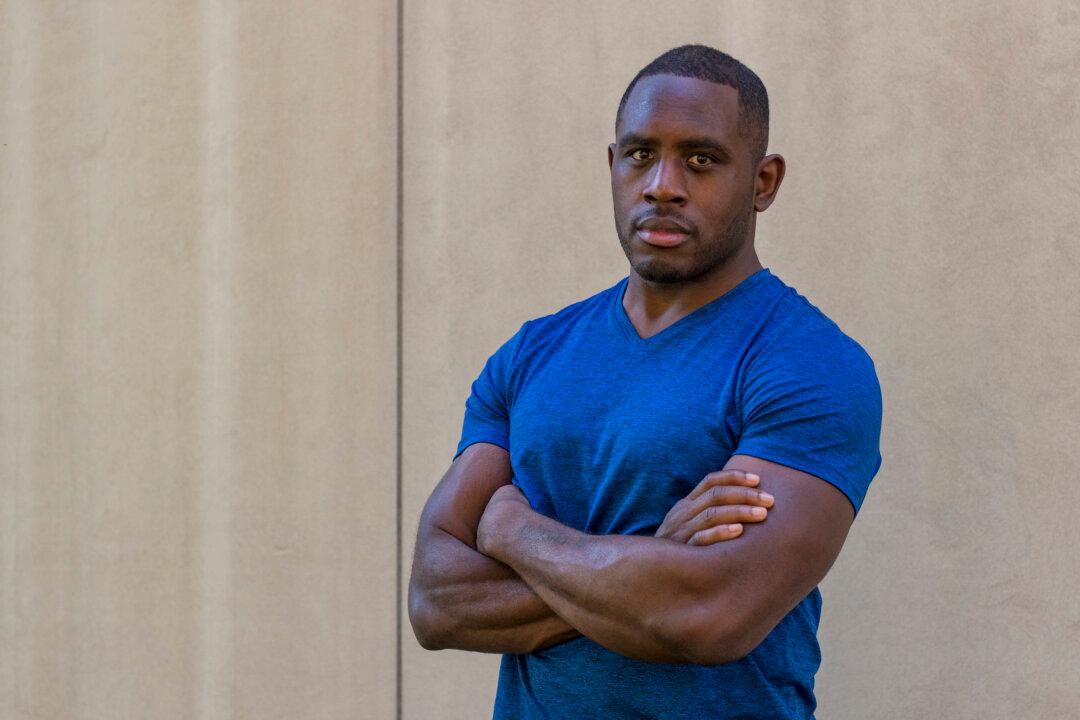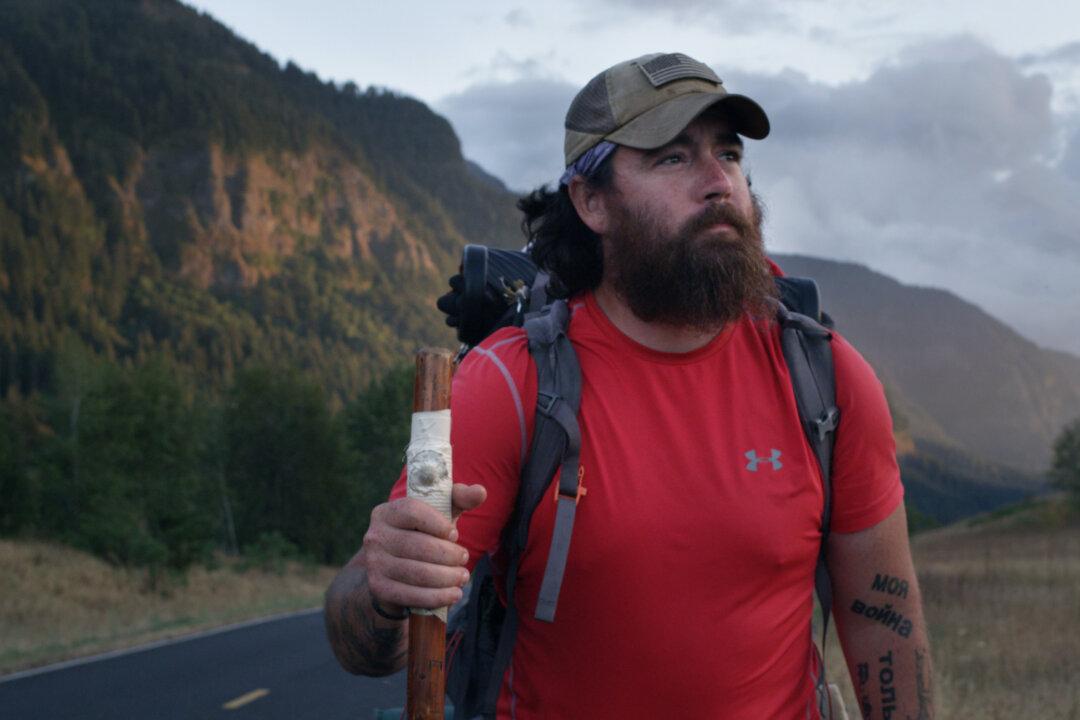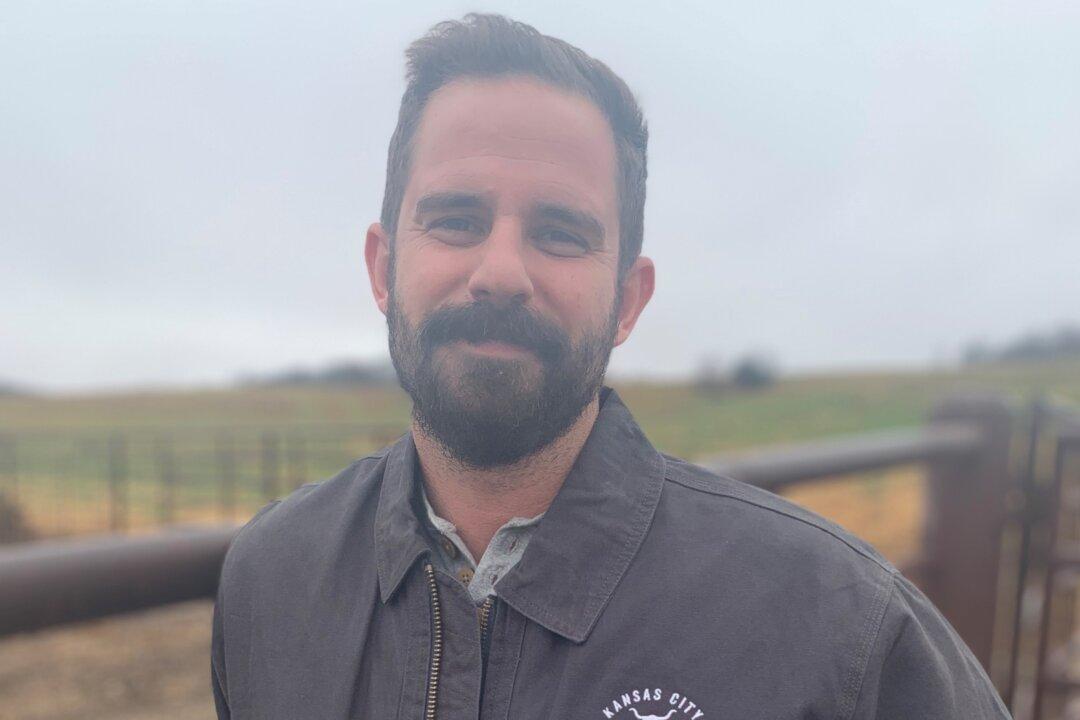The martial arts can teach important self-defense skills, and can instill important values such as discipline, patience, and work ethic. For those with developmental disabilities, the martial arts can give this vulnerable population the ability to defend themselves and the chance to make long-lasting relationships.
Sensei Mark Nothdurft is 66 years old, and resides in Lakewood, Colorado. Nothdurft has been practicing the martial arts for the past 43 years, and has blackbelts in aikido, yawara, karate, and jiu jitsu. He also teaches Chen’s style Tai Chi.






